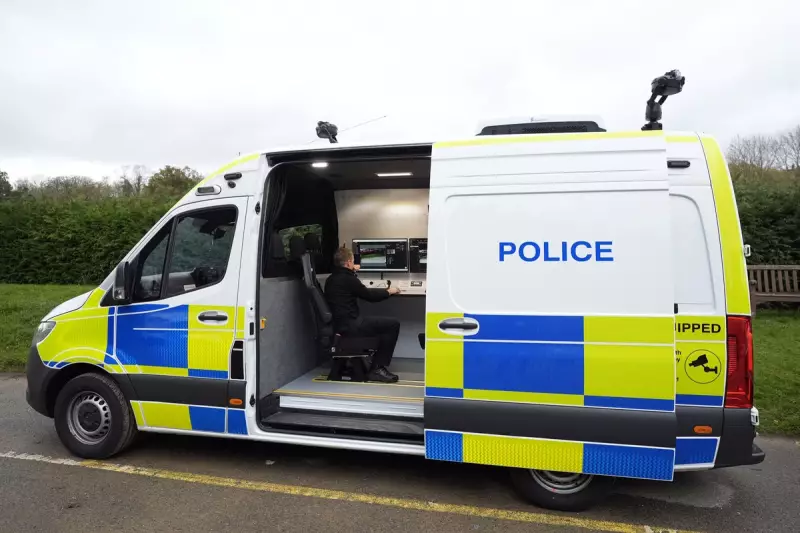
The United Kingdom is witnessing a significant expansion of police surveillance capabilities as seven additional police forces prepare to deploy live facial recognition technology in specially equipped vans.
National Rollout of Surveillance Technology
Funded by the Home Office, forces in Greater Manchester, West Yorkshire, Bedfordshire, Surrey, Sussex, Thames Valley, and Hampshire will join the Metropolitan Police, South Wales Police, and Essex Police in operating these controversial vehicles. This expansion represents a major step in the adoption of real-time biometric surveillance by British law enforcement.
The technology utilises cameras mounted on police vehicles to scan faces in surrounding areas, comparing them against bespoke watchlists containing images of wanted individuals and those subject to court orders, such as sex offenders. When a match is detected, officers receive an alert and can verify the comparison before taking action.
Controversy and Civil Liberties Concerns
The rollout has drawn sharp criticism from civil liberties and anti-racism groups, who point to the software's documented issues with inaccurate outcomes and racial bias. These concerns were particularly highlighted around deployments at the Notting Hill Carnival in previous years.
In response to these concerns, Metropolitan Police Commissioner Sir Mark Rowley acknowledged the technology's limitations during its use at the 2016 and 2017 Carnivals but insisted it has made considerable progress since then. The Met has reported a remarkably low false alert rate of just 0.0003 per cent from over three million scans projected between September 2024 and September 2025.
Transparency and Public Assurance
Chief Inspector Andy Hill of Surrey Police expressed confidence in the improved technology, noting that positive alerts were much higher at the most recent Notting Hill Carnival. He emphasised the police commitment to transparency regarding deployments.
We want to be as open and transparent about our deployments, Mr Hill stated. We publish them on our website at least seven days in advance, and we'll publish the results afterwards as well.
Police have implemented several safeguards to address privacy concerns. Images of people that do not trigger an alert are automatically deleted in less than a second. During operations, signage informs the public they are entering a live facial recognition zone, and officers are available to discuss the technology.
Across the seven new force areas, 10 new vans will be deployed, with Surrey and Sussex occasionally operating their vehicles in tandem. The first deployment under this expansion is scheduled for November 13 in Redhill, Surrey.





